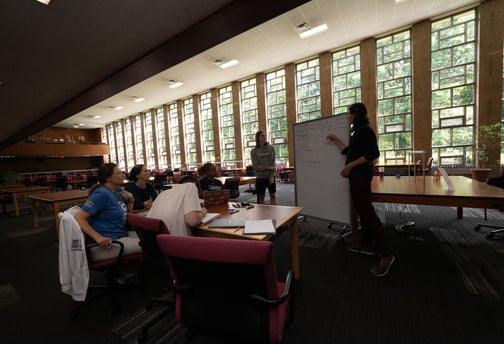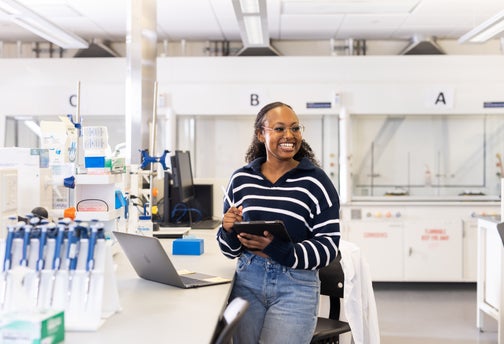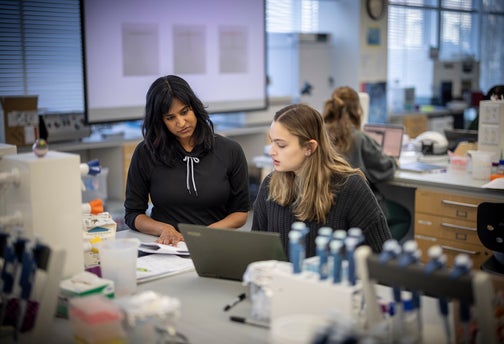How do humans develop cognitively, emotionally, socially and morally from infancy to the end stages of life?
Developmental psychology is the scientific study of change and stability in humans across the life span. As a student studying developmental psychology at Emmanuel, you will learn about physical development, cognitive development and social development in infancy, childhood, adolescence, adulthood and older adulthood, was well as how to apply this knowledge to help people of all ages live to their full potential.
A First-Class Experience
Get to know the people and programs that will define your academic journey.
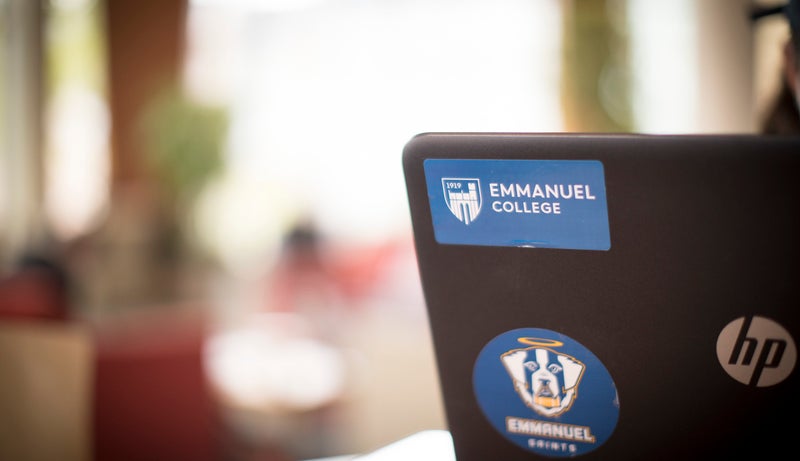
Student-Faculty Research Highlights: Psychology
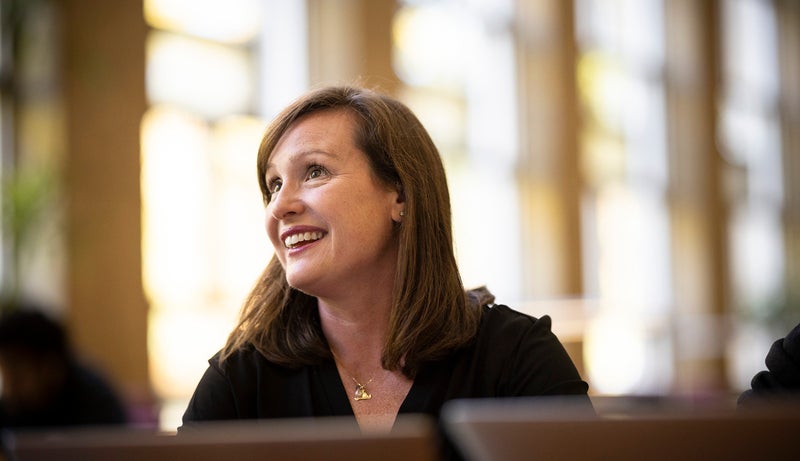
Meet the Faculty
Our distinguished faculty publish, exhibit and research. Present, compose and chair. Inspire and collaborate.
The Curriculum
View the 2022-2023 Academic Catalog to find course titles, numbers and descriptions.
Requirements for a B.A. in Psychology
- PSYCH1501 General Psychology (SA) (SS)
- PSYCH2209 Physiological Bases of Behavior (SI) (NS) OR NEURO2201 Neurobiology with Lab (NSL)
- PSYCH2801 Methods and Statistics I
- PSYCH2802 Methods and Statistics II (QA)
- PSYCH3111 Cognition
Requirements for a B.A. in Psychology with Concentration in Developmental Psychology
Take three developmental age period classes:
- PSYCH2303 Child Psychology (SA) (SS)
- PSYCH2304 Adulthood and Aging
- PSYCH2403 Adolescent Development (SA) (SS)
Take one of the applied development classes listed below:
- PSYCH3201 Psychology of Language
- PSYCH3210 Child Psychopathology
- PSYCH3212 Adult Psychopathology
- PSYCH3404 Emerging and Established Adulthood
Take one of the following electives:
- PSYCH2203 Social Psychology (SA) (SS)
- PSYCH2210 Theories of Personality
- PSYCH2211 Race, Gender and Sexuality: Intersection of Privilege and Oppression (SA) (SS) (DM)
- PSYCH2405 Health Psychology
- PSYCH3101 Seminar: Psychology of Women
- PSYCH3103 Relationships, Marriage and the Family (SA)
- PSYCH3601 Counseling Theories and Techniques
Senior capstone experience (two semesters):
- PSYCH4282/PSYCH83 Research Internship I and II or
PSYCH4494/PSYCH95 Applied Internship I and II
The psychology and neuroscience department’s Learning Goals are based on the recommendations of the American Psychological Association and consist of:
- Knowledge and Critical Engagement in Psychology: Students will understand and can apply the major concepts, theoretical perspectives (biological, behavioral, cognitive, developmental, and social), empirical findings, and historical trends in psychology, as well as the APA Code of Ethics.
- Research Methods in Psychology: Students will be able to engage in research design, sampling, data collection, data analysis and interpretation.
- Information and Technological Literacy: Students will be proficient in the use of information and technology for many purposes relevant to the field of Psychology.
- Communication Skills: Students will be proficient in written and oral communication in a variety of formats for educational and professional purposes.
- Personal and Professional Development: Students will understand the links between personal and professional values, knowledge and skills, and academic and career goals.
Where Essential Values and Skills Meet the Real World
Along with areas of knowledge and major requirements, you will cultivate essential values in the classroom and complete two courses in each area:
- Social Justice (SJ): Develop knowledge, skills, values and motivation to participate beneficially in activities of personal and public concern.
- Diversity & Multiculturalism (DM): Understand the complexity of identity the historical truths of different cultural perspectives to address bias and examine contemporary social issues.
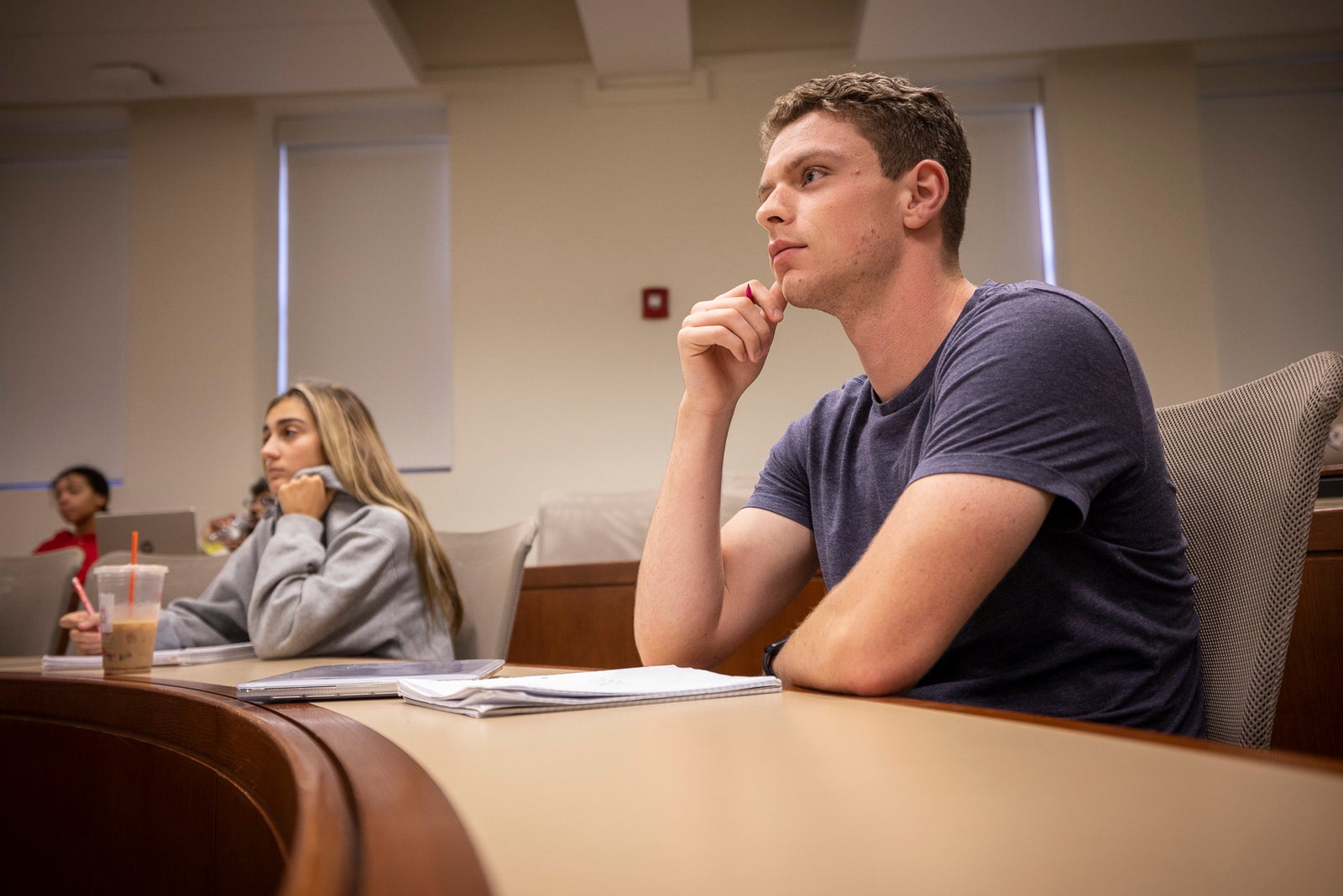
One hundred percent of Emmanuel students complete an internship as part of the core curriculum. In a city as dynamic as Boston, your options are bound only by the limits of your curiosity.
Psychology and Neuroscience majors put their classroom- and lab-based learning into practice completing original research alongside faculty or with internships at nearby institutions such as Boston Children’s Hospital, Brigham & Women’s Hospital, Massachusetts General Hospital, McLean Hospital, the Broad Institute, Bay Cove Human Services and more.
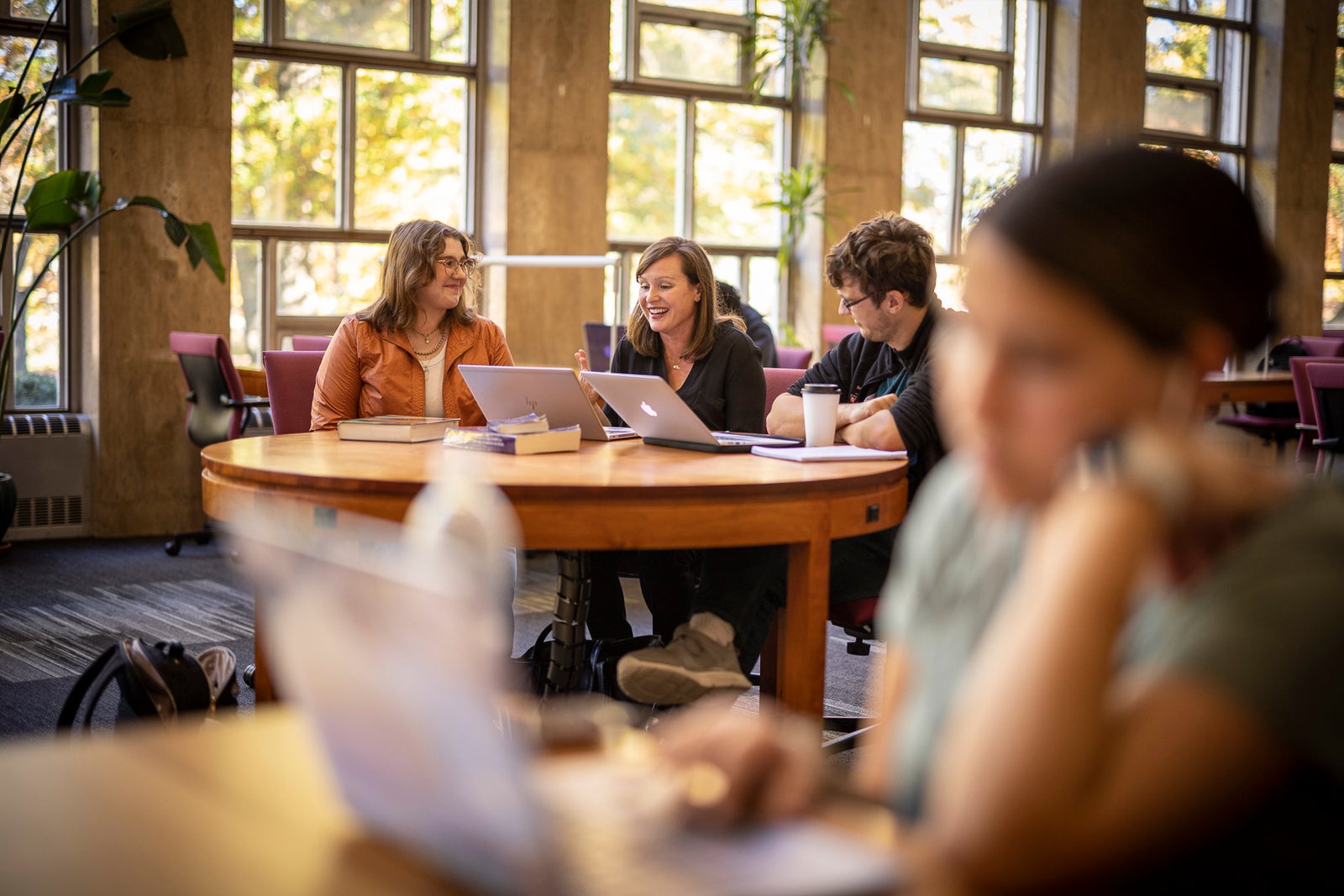
In all majors, the Capstone Experience involves completing a significant piece of work that requires the integration and application of learning from multiple courses.
All Psychology majors complete a two-semester capstone experience during senior year, choosing either an applied internship that engages in clinical and professional work at any number of institutions or a research experience that engages in empirical research or an independent study. Either experience sets Emmanuel graduates apart when seeking employment or graduate school admission post-graduation.
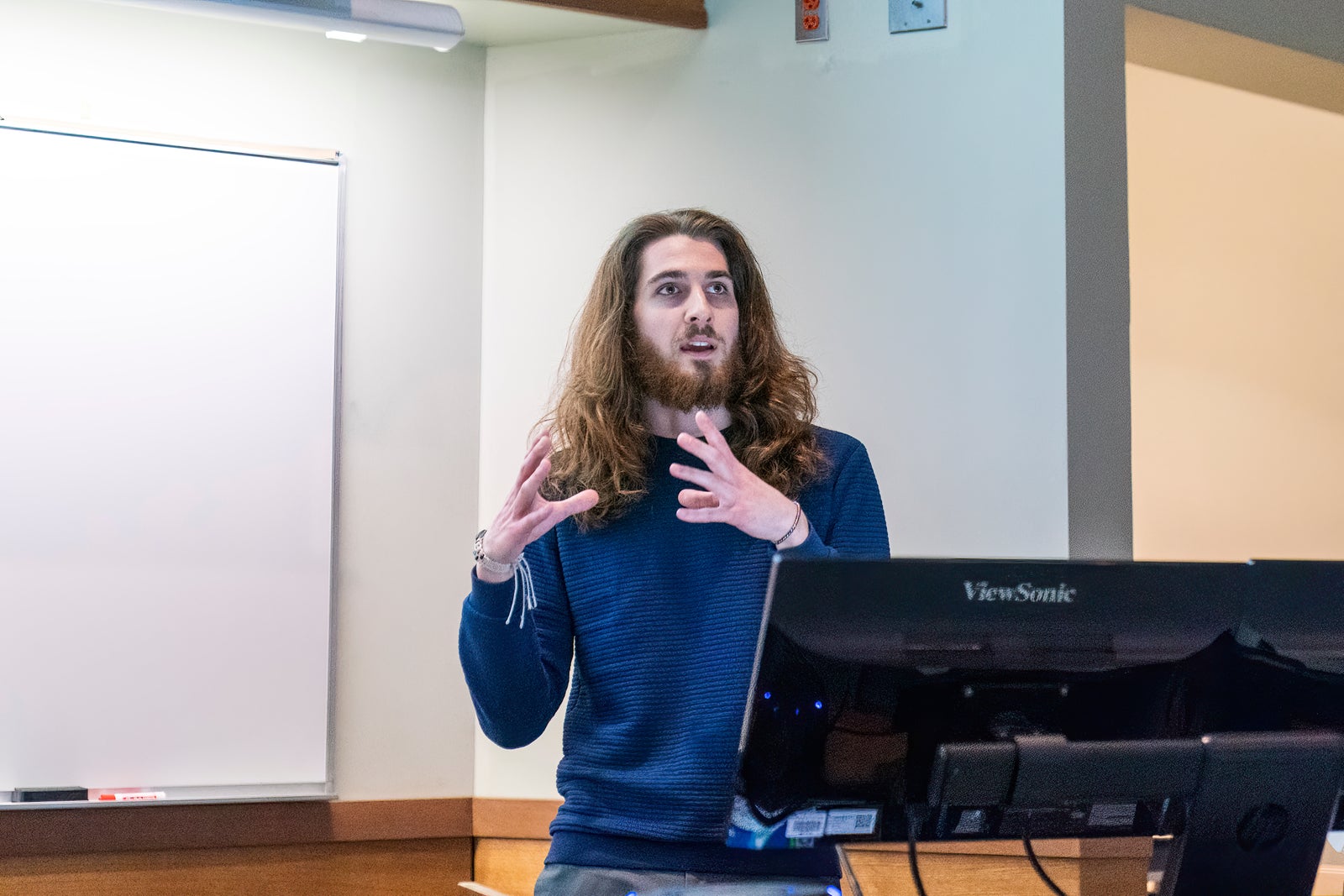
Science & Health Spotlight
See more news and stories related to the School of Science & Health
